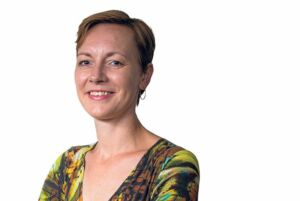Opinion
Mental Floss: You can never go back
This article is more than 10 years old.

Remember in ‘The Wizard of Oz’ when Dorothy clicks her heels together and wishes to go home? She has to repeat: “There’s no place like home.”
When you are an expat, there really is no place like home. Literally. The concept ceases to exist when you move to a foreign country where you might not know the language and you probably don’t have any close friends yet. You don’t even know where what is. So there is no surprise that it isn’t ‘home’.
There is no place like home
And if you are in a system of rotation, you know that even if you manage to adapt to your temporary host country, you will at some point pack up and move to another place and start all over again.
So there is no place like home, because at some point you decided to leave that home. No matter if you left because you are an adventurous student, because you had a job opportunity or because love compelled you to move, you left what was home to you.
And even though your time here in Denmark may be limited, there is not a place like home anymore, and you can never go back.
No place to go?
Physically you can go back to the place you used to call home, of course. But it will never be the same again. You are not the same. You’ve experienced different things to friends and family back home, and they probably won’t understand what it is like to be international.
And your friends from back then may have changed too. They have experienced things you didn’t, they have moved on with their lives without you, and perhaps you even feel left out. You become a foreigner in your own country. A sense of rootlessness may overcome you: a melancholy that you cannot resolve because you might always miss that place, that home.
And if you are a rotating expat, your life contains a lot of goodbyes, and you might even feel unmotivated to meet new people. Because there are already the older friends from your more distant past. It is impossible to stay in touch with everyone, even though social media gives us a chance to at least pretend we care about each other.
A postmodern home
But is a certain sense of rootlessness a bad thing? Or is it other people’s view on it that is negative? Moving builds resilience, flexibility and open-mindedness. When people who haven’t lived abroad ask: “Where are you from?”, what do you answer? Do you say your nationality, or where you grew up, or where your last posting was? Another question is: “Where is home for you?” But the question ceases to be meaningful, because it is not a place anymore – it has become an abstract concept.
It can be difficult to explain, and perhaps you have a standard response to move the conversation along – so you don’t have to explain that your view of the world is perhaps different from theirs. It can be difficult to verbalise how moving around the world may seem like being rootless, but it doesn’t have to feel that way.
It is true you can never go back. But instead, a new definition of ‘home’ can emerge: one that you can take with you.
About










































